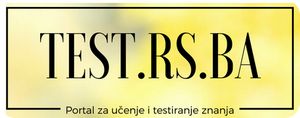How to Negotiate with a Liar

Robust social psychology research indicates that people lie—and lie often. One prominent study found that people tell, on average, one or two lies every day. Negotiators are no exception. Judging from studies done in 1999 and 2005, roughly half of those making deals will lie when they have a motive and the opportunity to do so. Typically they see it as a way to gain the upper hand (although it can actually cause backlash and prevent the kind of creative problem solving that leads to win-win deals). Deception is thus one of the intangibles that negotiators have to prepare for and take steps to prevent.
Many people assume that the solution is to get better at detecting deception. There’s a widespread notion that one can reliably spot a liar through subtle behavioral cues—or “tells,” in the parlance of poker and other games that involve bluffing. But the evidence doesn’t support that belief.
One meta-analysis (a study of studies) found that people can correctly identify whether someone is telling a lie only 54% of the time—not much better odds than a coin flip. Even the polygraph—a technology specifically engineered to detect lies in a controlled setting—is riddled with problems and comes to the wrong conclusion about a third of the time.









